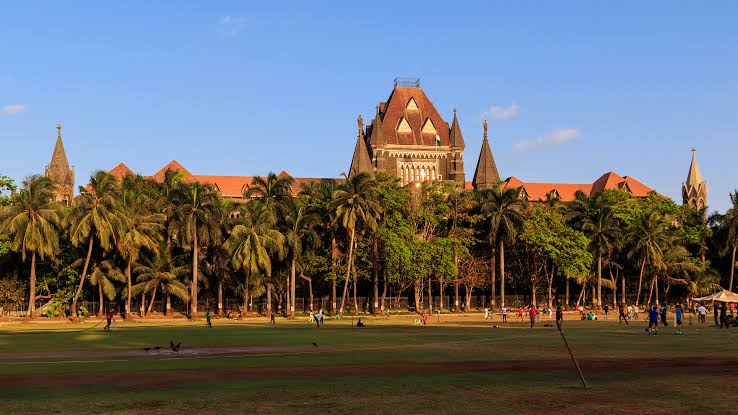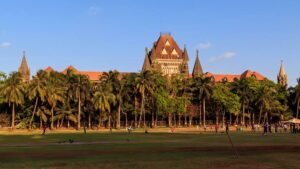Bombay High Court Flags Mumbai’s Poor Air Quality, Seeks Immediate Action

Mumbai, 28th November 2025: Concerned over the sharp decline in Mumbai’s air quality over the past week, the Bombay High Court on Thursday pressed authorities to spell out urgent and effective measures to bring pollution under control.
A division bench led by Chief Justice Shree Chandrashekhar and Justice Gautam Ankhad was hearing a group of public interest matters linked to air pollution, including the court’s own suo motu PIL initiated in October last year.
Senior advocate Darius Khambata, appointed as amicus curiae in the case, along with senior advocate Janak Dwarkadas representing the NGO Vanshakti, and advocate Pooja Thorat, drew the court’s attention to the worsening Air Quality Index (AQI) and sought an early hearing to ensure compliance with previous directions.
“Last year, readings between 200 and 300 were a cause for alarm. We are now seeing numbers pushing past 300 again. It is crucial that emergency steps are put in place,” Khambata told the bench. Dwarkadas supported the request and warned that the situation could escalate further without swift intervention.
The judges pointed to the capital city’s ongoing pollution battle while questioning authorities on Mumbai’s preparedness. “What concrete steps can be taken to prevent Mumbai from sliding into Delhi-like conditions?” the bench asked.
Dwarkadas suggested that Mumbai could implement the first two phases of the Graded Response Action Plan (GRAP), similar to the system enforced in Delhi. GRAP categorises air quality levels into stages that trigger specific restrictions such as intensified road cleaning and possible traffic curbs when pollution spikes beyond the 301 mark.
The bench also asked whether officials had assessed the outcomes of GRAP in Delhi before proposing similar measures for Mumbai.
Khambata informed the court that the Brihanmumbai Municipal Corporation (BMC) had earlier listed 27 pollution-control initiatives, but the rising AQI showed that more aggressive action was needed. He pointed out that compliance reports sought for areas such as Chandivli in Powai and Ulhasnagar were still pending.
Representing the Maharashtra Pollution Control Board, advocate Jaya Bagwe said the agency had submitted its report. Senior advocate Milind Sathe, appearing for the BMC, added that several mandated actions had already been executed.
The bench, however, observed that despite steps being taken, “the measures do not appear to have achieved the desired reduction in pollution levels.”
The matter will return to the court on Friday, when the amicus is expected to present additional suggestions.
Meanwhile, the BMC on Tuesday rolled out a Standard Operating Procedure linked to GRAP. According to the plan, Stage 4 restrictions — the most stringent — will be activated if the city’s AQI remains above 200 for three consecutive days. These include a complete halt on construction and development activities, as well as a ban on any form of open burning, until the air quality improves.





